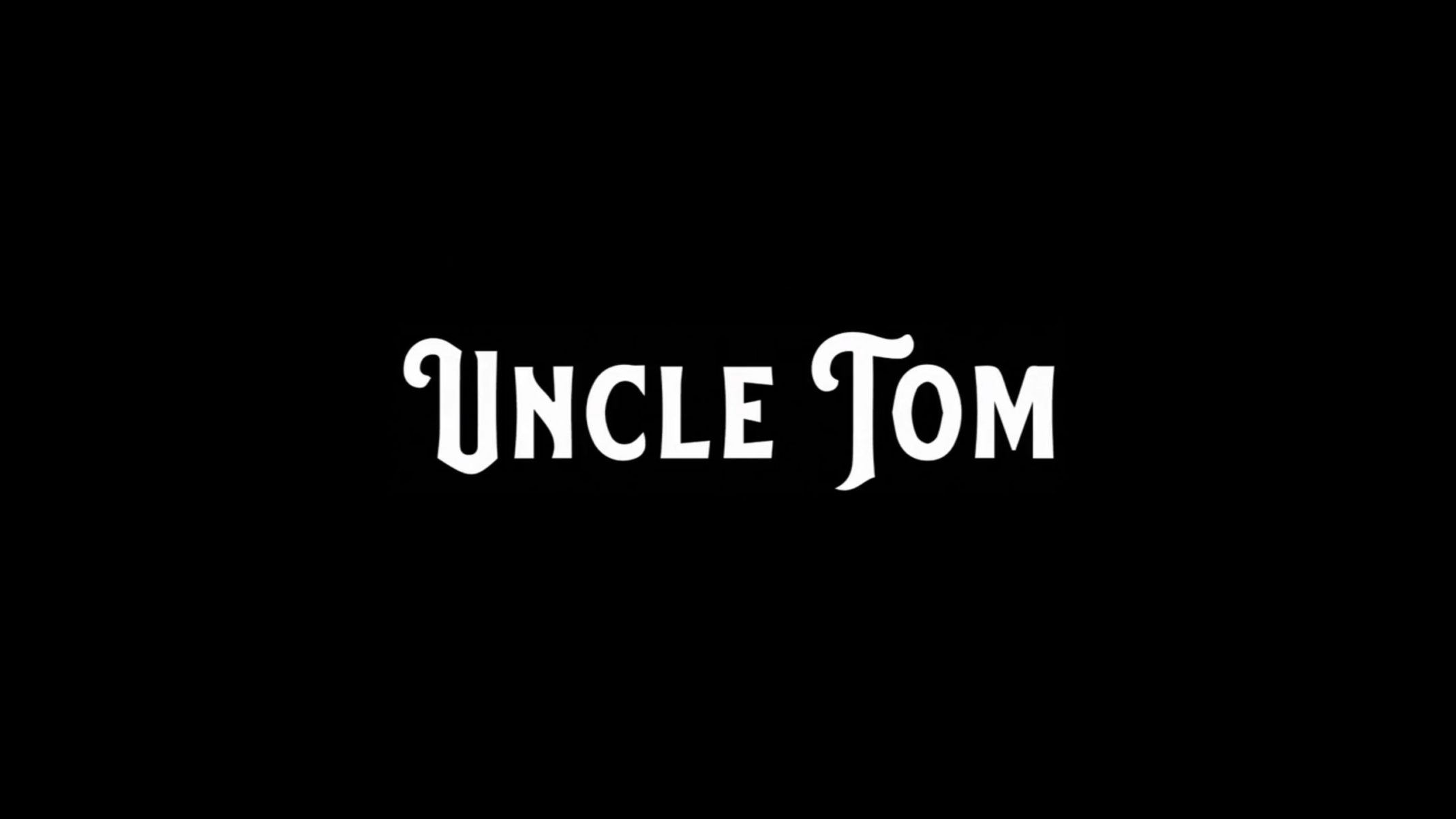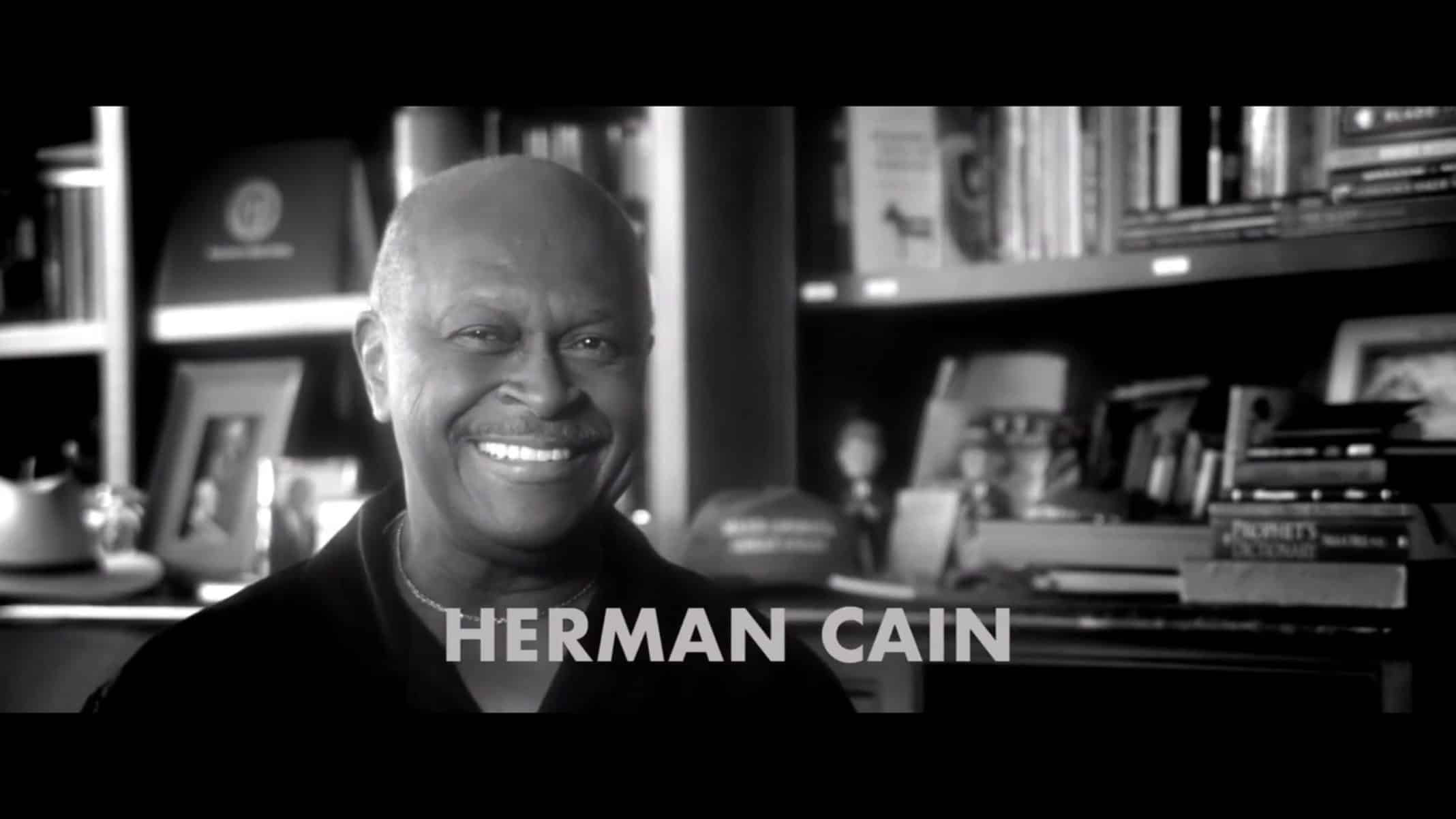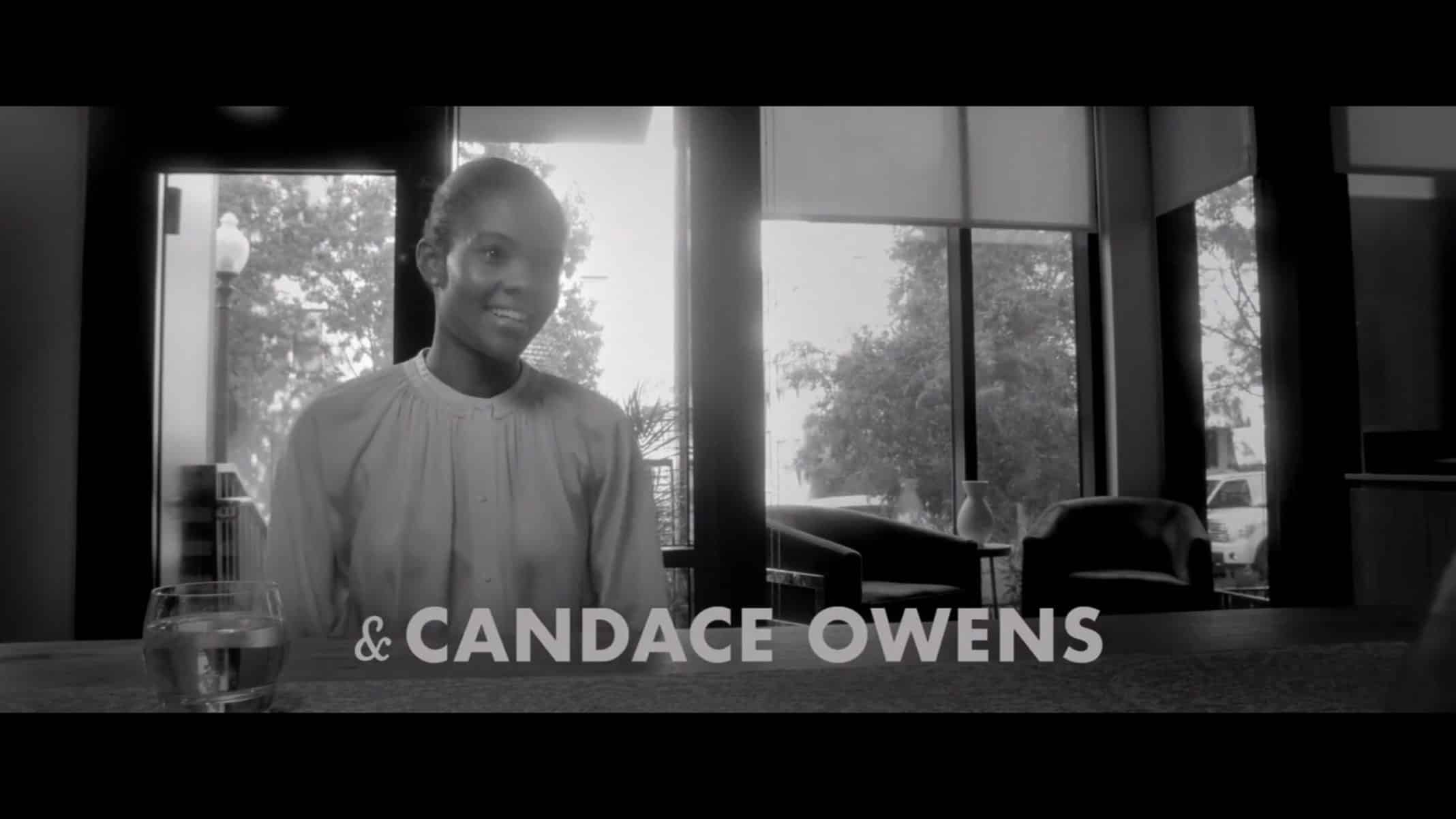Uncle Tom (2020) – Review/ Summary (with Spoilers)
As its name, “Uncle Tom” is divisive when it shows its social conservatism, but in some of its critiques of the Democratic party, among other topics, points are made.

Spoiler Alert: This summary and review contains spoilers.
Additionally, some images and text may include affiliate links, meaning we may earn a commission or receive products if you make a purchase.
As its name, “Uncle Tom” is divisive. But in some of its critiques of the Democratic party, among other topics, it may change your perspective
| Director(s) | Justin Malone |
| Screenplay By | Justin Malone, Larry Elder, Ryder Ansell |
| Date Released (Digital) | 6/19/2020 |
| Distributor | Malone Pictures |
| Genre(s) | Documentary, Historical |
| Duration | 1 Hour 46 Minutes |
| Rating | Unrated |
| Trigger Warning(s) | Violent Imagery |
| Noted Cast | |
| Himself | Herman Cain |
| Himself | Jesse Lee Peterson |
| Herself | Candace Owens |
This content contains pertinent spoilers.
Characters & Storyline
Plot Summary
“Uncle Tom” can be seen as a means to understanding conservative or republican viewpoints as to why the Democratic party’s commitment to Black Americans is a farce. Be it the idea that Republicans and Democrats switched sides between the era of FDR and Nixon, that the War on Poverty benefitted Black Americans, as well as why the Democratic party, as many non-conservative Black people do say, take advantage of a loyalty that isn’t earned.
Alongside party politics, you also get insight and opinions on how and why Black America is in the state it is in and how the narrative has shifted since around the reconstruction era.
Collected Quote(s) & .Gifs

Success does not come in a straight line, it’s a zigzag.
— Herman Cain
Review
Highlights
It Gives You Something To Think About
I won’t say that, if you are currently a registered and proud Democrat, this will make you switch parties. However, there are multiple points made that you’ll likely want to follow up on. Especially as they speak of the fall of Black wealth, Black families, and their reasoning behind that. For with some of the arguments having sexist backing, like the idea of gender dynamics being what kept Black families together, there is a need to side-eye some points. But, beyond the rhetoric of social conservatives, points are made.
With that said, you have to recognize and appreciate the perspective that, as much as being Black is part of their story, there is an effort to not be defined by it. For whether it is Herman Cain talking about getting a promotion and focusing on not having the educational credentials, rather than it being his race, or not allowing a sense of victimhood to settle in your mind, you get it. There is an understanding of why these men and women don’t appreciate the Democratic platform, or liberal thinking, and what they push. Specifically, because they don’t want their race treated as something that should inherently set them back and have that seed create a sense of “victimhood,” as if often said throughout “Uncle Tom.”
Now, you may think they are setting aside what racism has or may have done to affect them, but let’s consider the criticism of people like Jesse Jackson, among others. Jesse Lee Peterson notes that, one of the turning points for him was taking note of Jesse Jackson’s radicalism and damning of the white man, yet noticing the white man wasn’t holding him back. By all means, Jesse Jackson was doing well, and he was able to provide for his children. So, in what way was he being held back or experiencing racism?

And, overall, while some things said may lead to a necessary and understandable side-eye, other points you may find yourself in agreement with. If not doing additional research due to information presented differently.
On The Fence
You Don’t Get To Know Who Is Who Until The End
This is a minor thing, but, unfortunately, you don’t really know who said what, for the majority of interviewees, until the credits roll at the end. Rather than being a note when they are first speaking, so you can match, universally, who is who.
It’s Not Equal Along Gender Lines
There were three women, of which Candace Owens was perhaps the most recognizable when it came to conservative Black women speaking. Now, this ding, for me, only arises due to the fact you can see some of the men, sometimes with subtly, other times outright, bringing the concept that women are part of the blame for why the Black community is at is. Be it in the form of not respecting the role of men in the household, having children, having abortions, or “marrying” the government, in order to gain support.
In those situations, it almost makes you wish there was a debate between the men and women since, while noted as conservatives, it isn’t clear if they are all the same kind. Meaning, it isn’t clear if all of them are social conservatives, fiscal conservatives, both, or how specific their policies are. All that is clear is how disenfranchised, neglected, or bamboozled they felt by the Democratic party. That and how a lack of education and the media’s negative depiction warped their perceptions.
Overall Rating
Would Watch Again? – Worth Revisiting
Rating: Positive (Worth Seeing)

The main benefit of watching “Uncle Tom” is to gain a different perspective. It might be one of the few chances you get to hear multiple Black conservative voices at once, without them being forced on the defensive or dealing with people cutting them off because they got offended or emotional. Thus allowing you to truly get the chance to judge them by their words rather than the perspective of a network or co-panelist.
Hence the positive label. For while there is a need to note a level of bias, and that the occasional focus on social morals over history or policy may make you want to tune out, it is worth watching until the end. If just to see and hear Black Republicans convey their entire thought and not be relegated to various insults, caricatures, or their rare positive-ish depictions in media, like in “The Inkwell” or “The Fresh Prince of Bel-Air.”
Where To Watch
https://salemnow.com/uncle-tom/
Images used for editorial and commentary purposes. All rights remain with their respective copyright holders.


